Hungry for help: refugees in Kenya feel the effects of recent food cuts
KAKUMA REFUGEE CAMP, Kenya, January 9 (UNHCR) – Nyachot squints up at the midday sun above Kakuma Camp as she stirs the daily meal for her family. Before last November, the 34-year-old South Sudanese refugee could cook twice a day. But when the World Food Programme cut rations by 50 per cent that month, she feared for her children’s future.
“The food does not even last the two weeks that it should,” Nyachot told UNHCR visitors, turning to gaze at her baby son. Like thousands of other women at this camp in north-west Kenya, she relies completely on the rations she receives, in the absence of any other source of income. Full rations were later resumed on January 1, but the situation remains serious and fresh funding is needed to avert the risk of further cuts in the future.
Nyachot fled South Sudan in February last year, after fighting intensified between government forces and rebels. Desperate to save her children, she embarked upon an arduous weeklong journey that took her from her home in Maiwat, Upper Nile state to Nadapal, the border entry point to Kenya.
Her eyes filled with tears as she recalled the trauma. “I travelled by boat with about 40 other people for five long days to Juba and then took a bus from there to Nadapal,” she said. “My children were hungry and thirsty.”
When they finally arrived in Nadapal, UNHCR officials and other humanitarian agencies were there to greet them with energy biscuits and water. Later, at Kakuma’s reception centre, they received hot meals, sleeping bags and a place to sleep, before being transferred to Kakuma 4, the new settlement area for South Sudanese arrivals.
For Nyachot, finding refuge in Kakuma and receiving food assistance was a huge relief. Non-food items, such as blankets, cooking utensils, an energy stove and jerry cans, were also supplied and helped her family settle into their new home. But with the food ration cuts in November, Nyachot’s concern quickly began to grow.
In one of the nearby mud houses, Stephen and Gawar shared similar worries. They fled Pangak in South Sudan’s Jonglei state and, like Nyachot, sought refuge in Kakuma. “The situation is very bad,” observed Stephen, interviewed before full rations were resumed last week. “We eat once a day and the food can get finished after five days. Some of our people are even thinking of going back home. It is not an ideal solution, but people are desperate.”
Nyagai, their 36-year-old neighbour, concurred. “Once the rations run out, I survive by begging for food from my neighbours,” she says. “It is a shame to do so but what option do I have?”
Her friend, Nyapel, smiled sadly when she revealed that she could not breastfeed her 11-month-old son due to a medical condition. “I have to sell part of my meagre rations so as to buy milk for him. If I don’t this, then my son will not survive.”
After the ration cuts took effect in November, concerted efforts were made by World Food Programme to raise additional funding and restore full rations – and this was possible at the start of the month. But the funding situation remains uncertain and WFP and UNHCR have issued joint appeals to donors for help.
Meanwhile, UNHCR and partner NGOs continued to engage with refugees through their community leaders to assure them of continued support during November and December. These efforts were a result of the recent joint Inter-Agency Regional Appeal for the South Sudan Emergency Response.
Although refugees had been assured that this was a temporary situation, they remain concerned. “If the food cuts continue, many people will suffer, especially the elderly, the women and children,” said Gawar. Stephen believed that their hope lies with UNHCR.
As she turned back to her cooking, a glimmer of hope flickered in Nyachot’s eyes. She, at least, believed that things would get better; if not for her then at least for her children.
Page 16 of 18
-
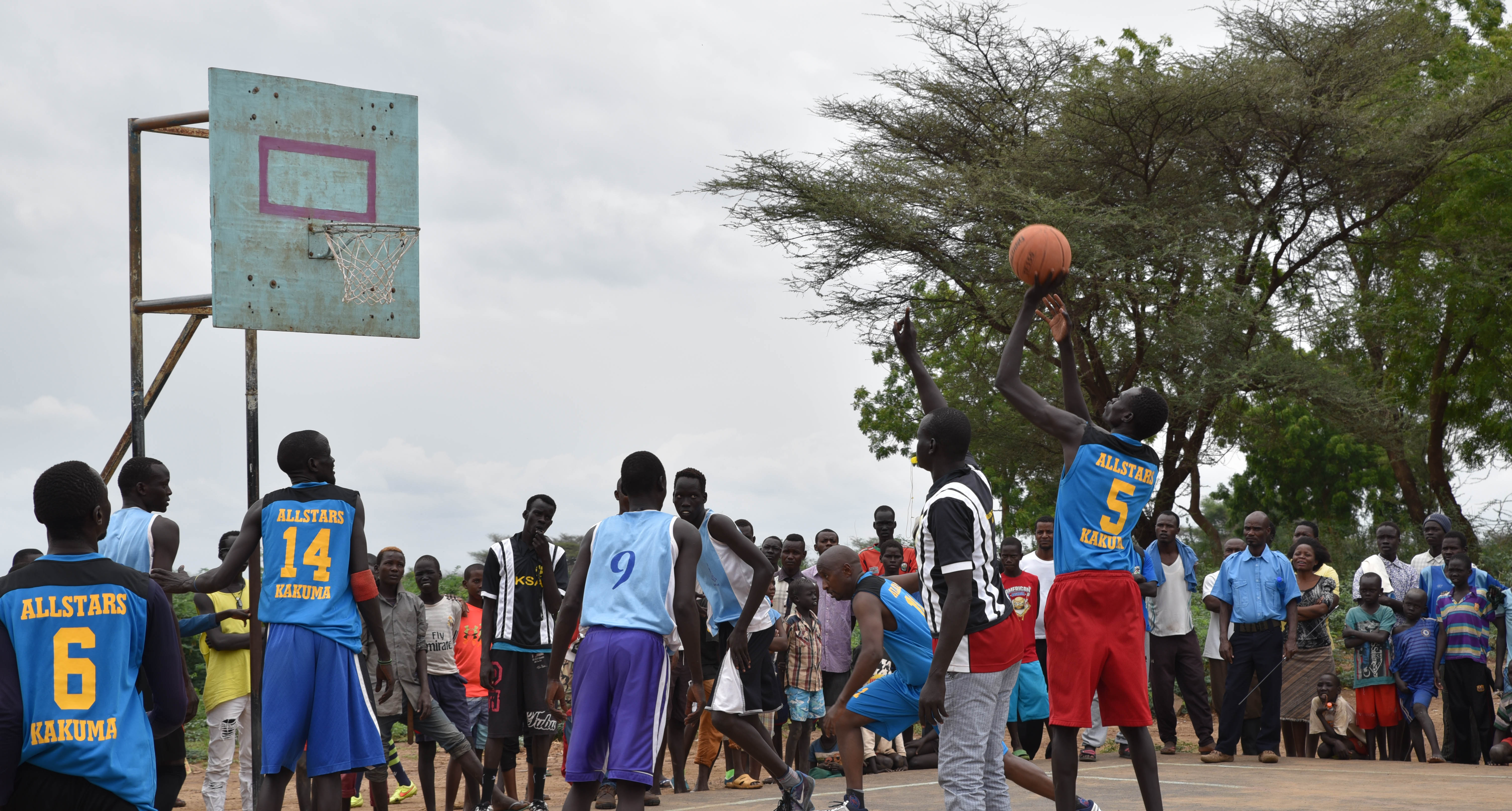
Kakuma is Bursting with Sports Talent
6 Aug 2016As the Refugee Olympic Team was preparing to make history in the 120th Olympic games in Rio, refugees in Kenya’s Kakuma Camp, were preparing for their own iconic games
-
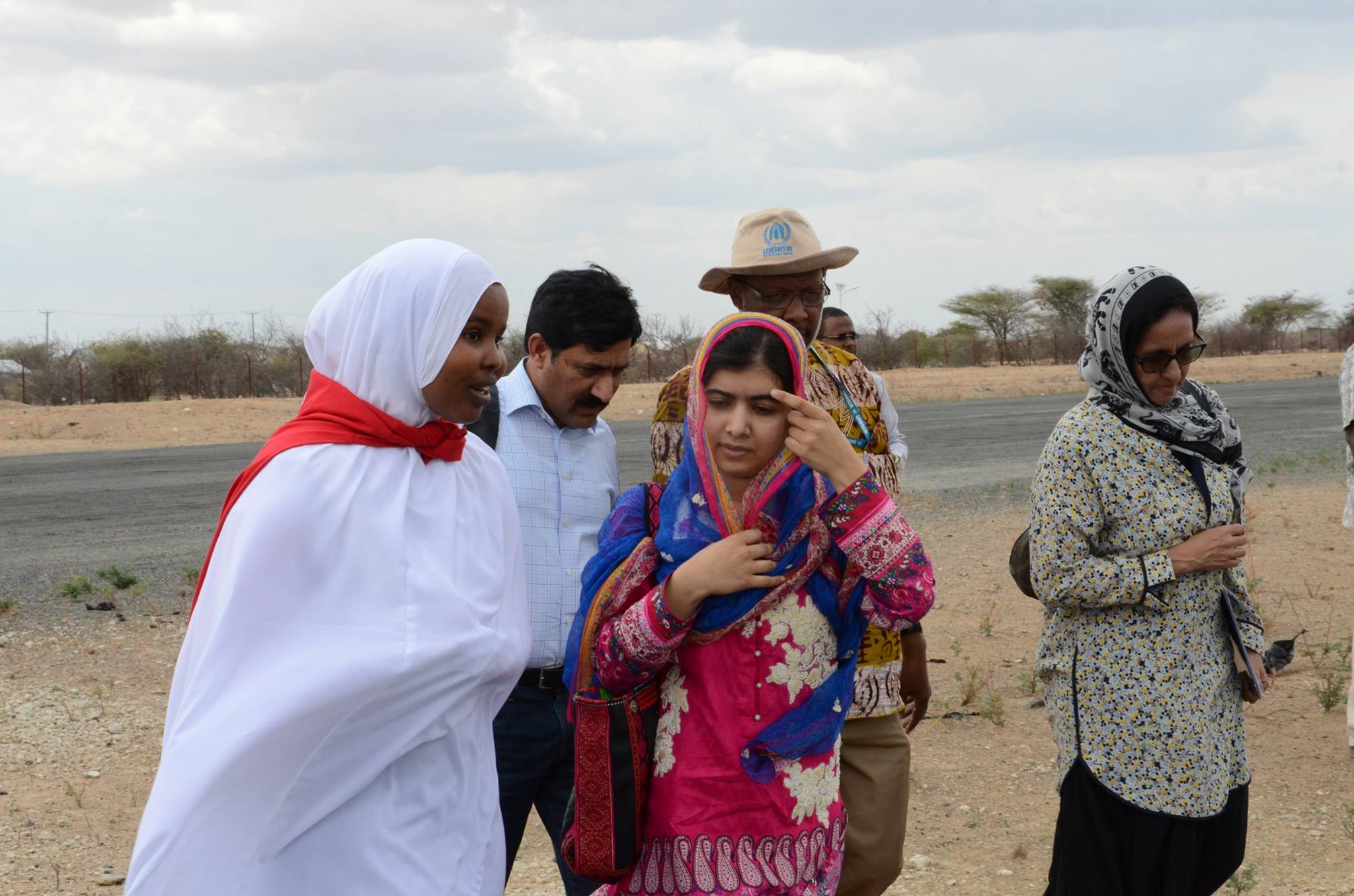
Malala Celebrates her 19th Birthday with Refugees in Dadaab
12 Jul 2016“I promise to use my voice to tell your stories”
-
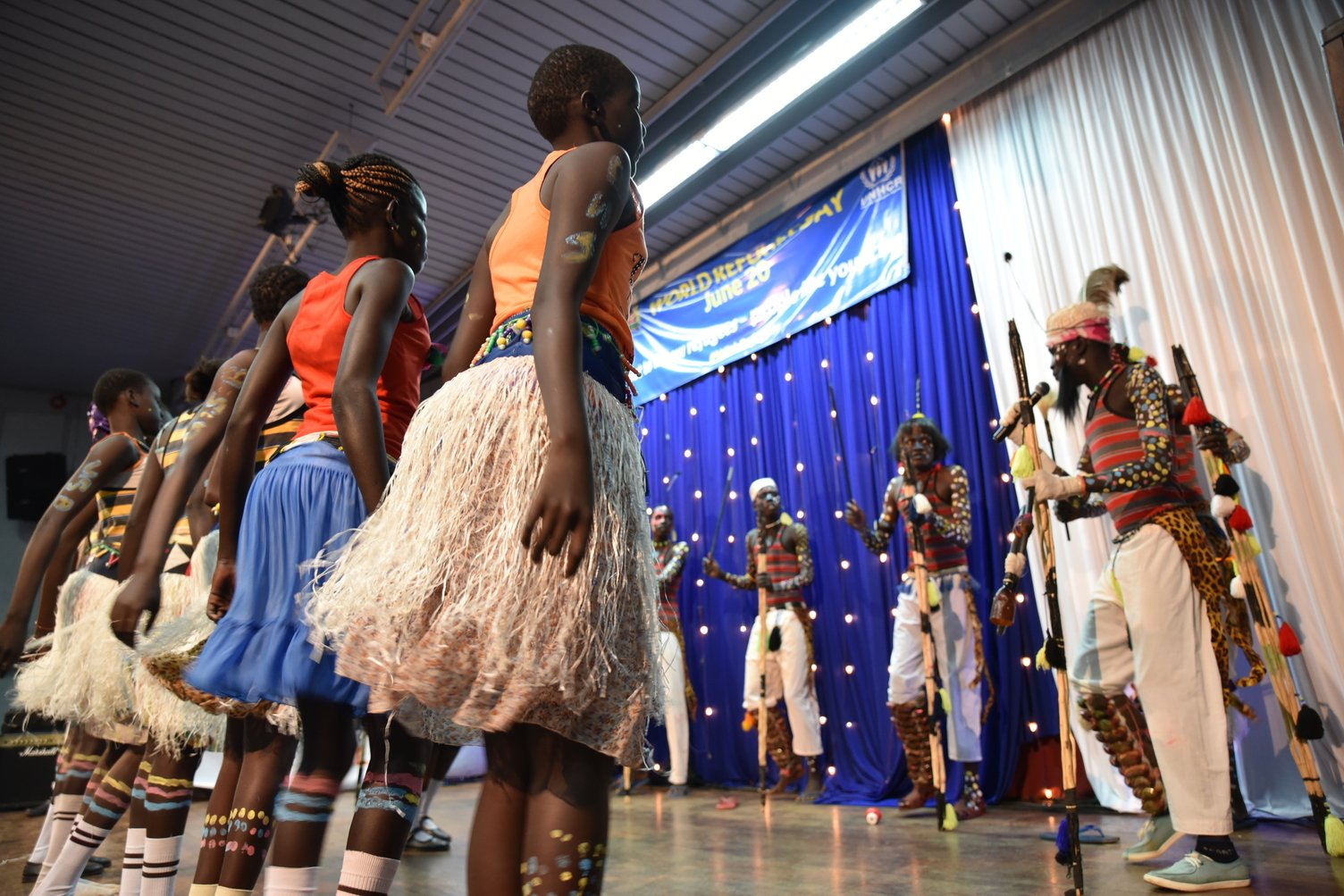
World Refugee Day Commemorated in Nairobi
20 Jun 2016Nairobi, 20 June, 2016 – UN Refugee Agency in Kenya joined the world in commemorating the strength, courage and resilience of the over 60 million refugees globally, and 600,442 refugees in Kenya during this years’ World Refugee Day. The event held at the National Museums of Kenya was themed ‘Get […]
-
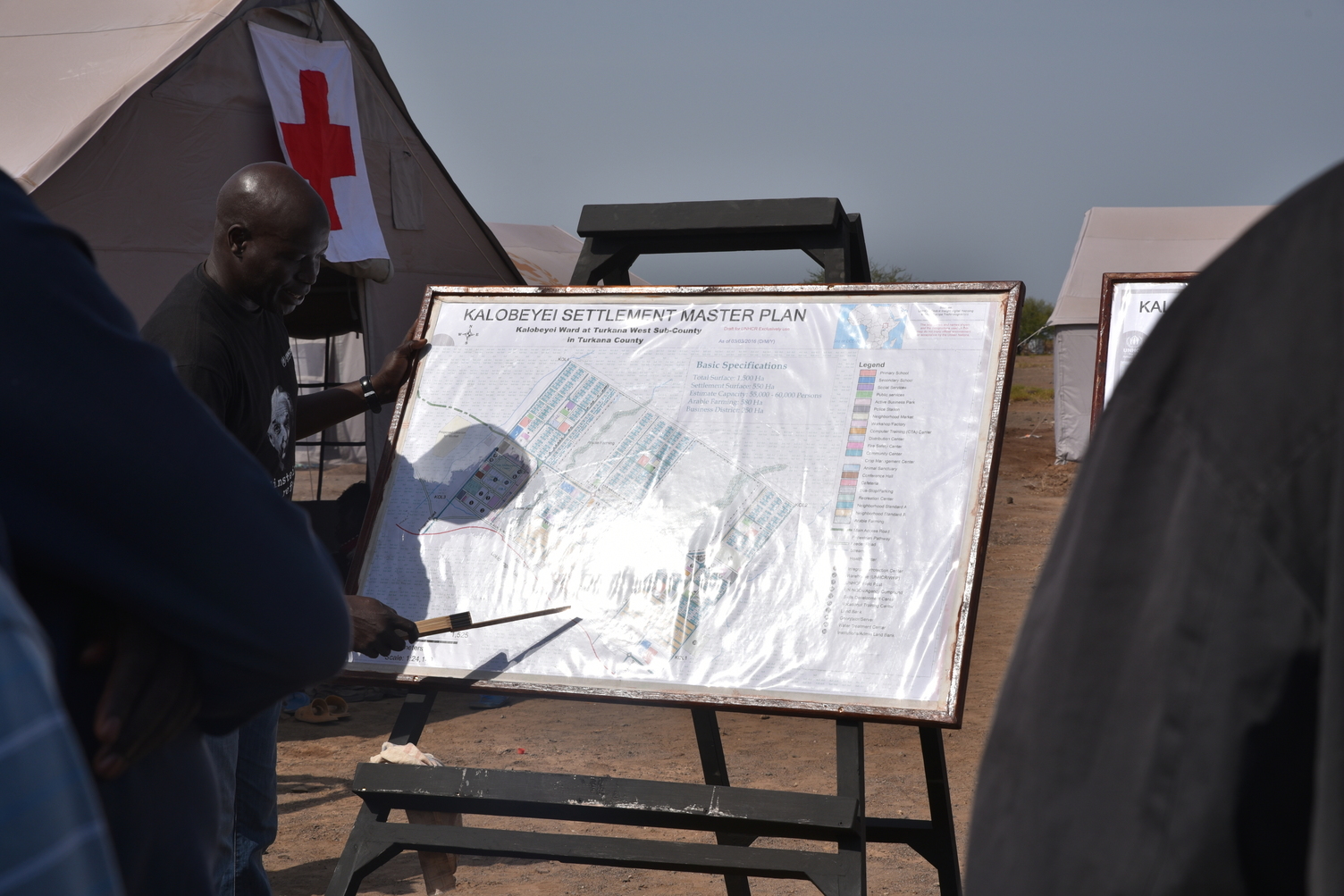
UN High Commissioner for Refugees Maiden Visit to Kakuma
13 Jun 2016This is a new way of working for UNHCR. The partnerships with development partners is the way forward, it is a new approach intended to encourage self-reliance of both refugees and host community, boost the local economy, and also prepare refugees for sustainable returns, once conditions in their countries of origin allows
-
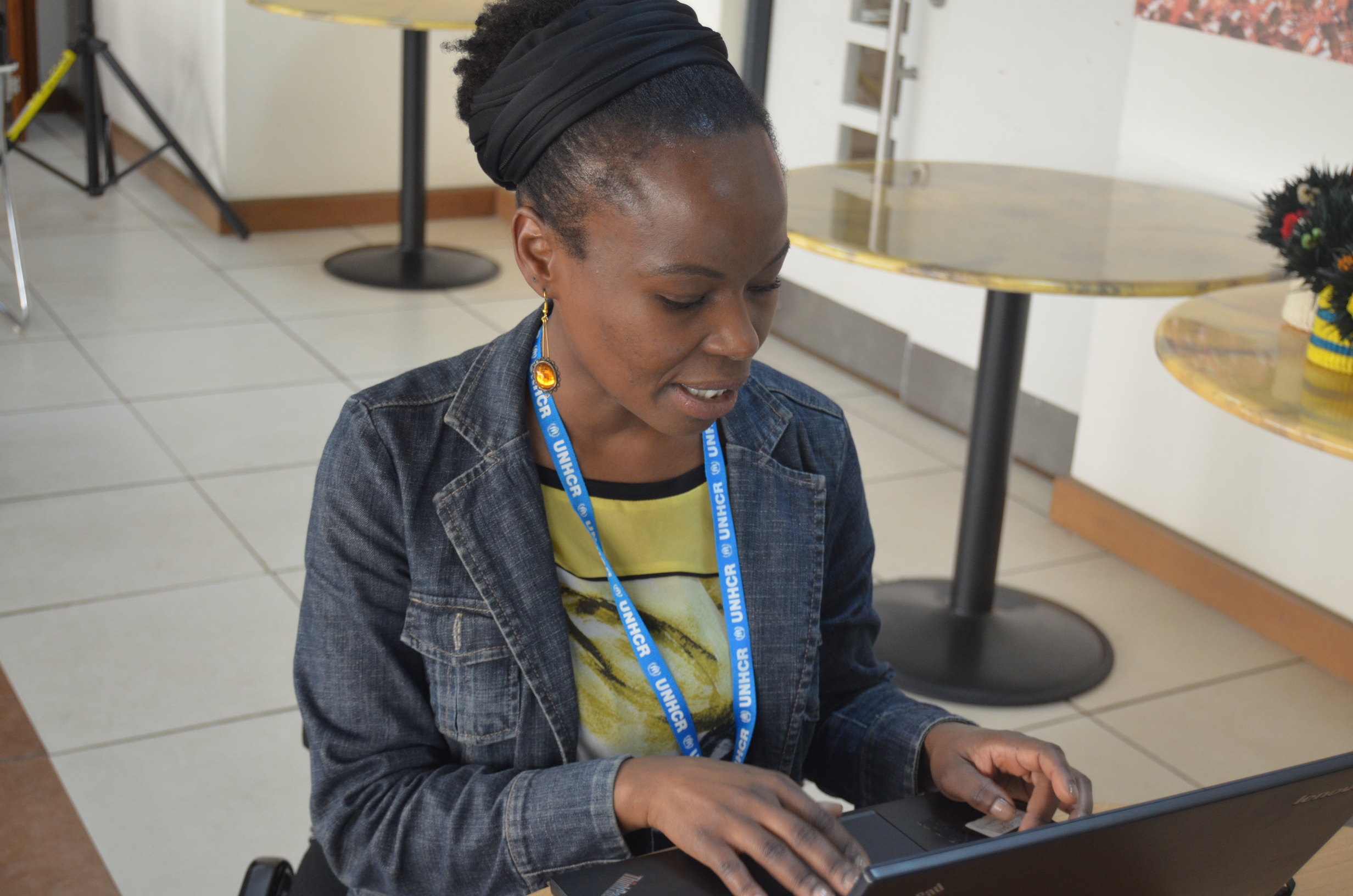
Charity Begins at Home: UNHCR Kenya Staff Members Sign the Open Letter to End Statelessness
6 Jun 2016#IBELONG to a world where everyone has the right to a nationality
-

Somali President calls for any refugee returns from Dadaab to be carried out in an orderly manner
6 Jun 2016Refugees need to be assisted to return home in an orderly manner
-
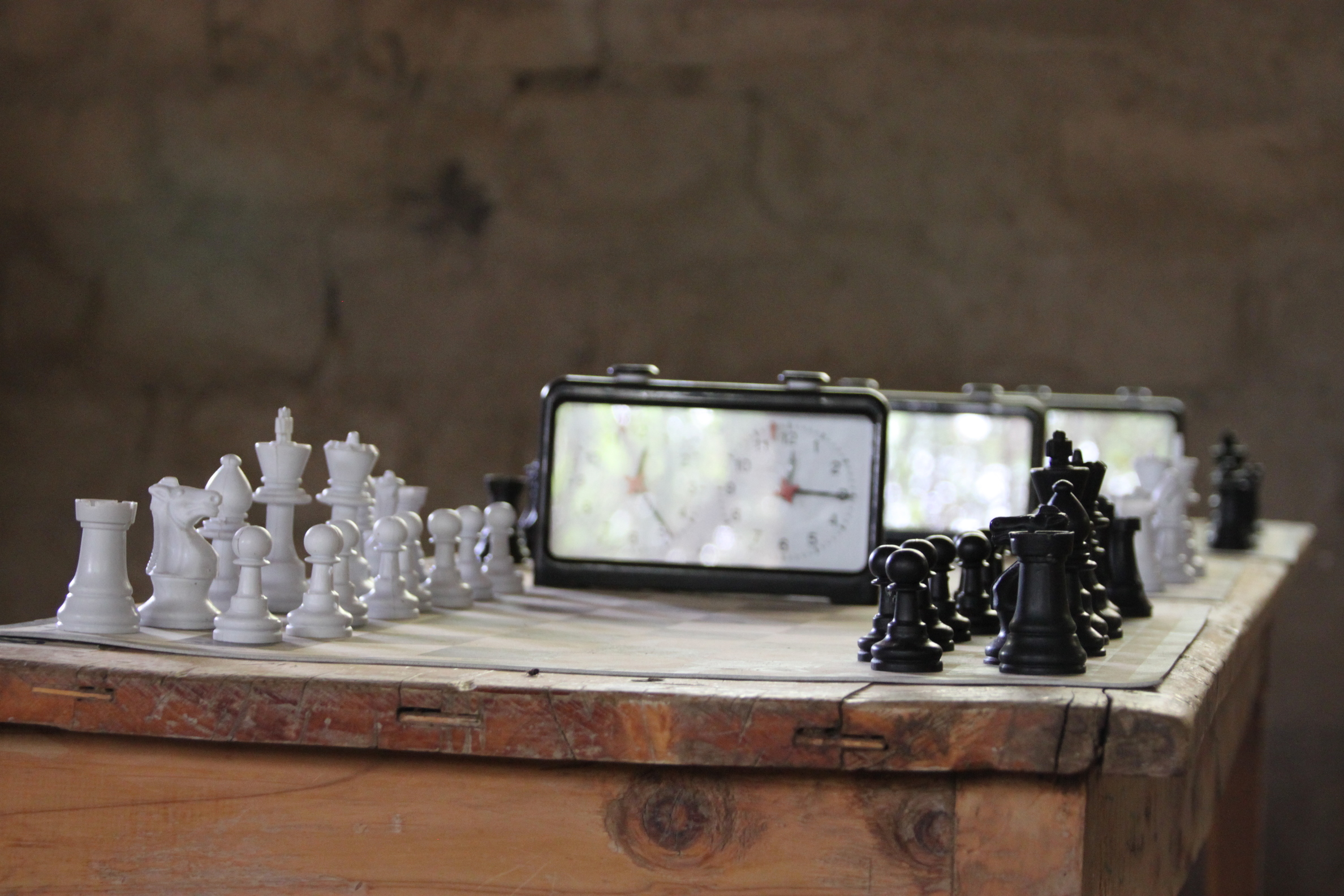
Kenya’s Chess Champion, Four-time Olympian and UNHCR Staff Member Promotes the Game of Chess among Refugees
1 Jun 2016Chess has a way of bringing people together. I can admit to the fact that it breaks the boundaries among refugees from different ethnicity and nationalities.
-

Peace Race Showcases Athletic Talent in Dadaab and Kakuma Refugee Camps
19 May 2016In qualifying competitions held at the Dadaab and Kakuma refugee camps, over 100 young athletes of different nationalities demonstrated their athletic ability in races organised by UNHCR, in partnership with the Tegla Loroupe Peace Foundation (TLPF).
-

Talented Refugees in Kenya Showcase their Artwork at an Exhibition in Nairobi
4 May 2016Over 50 refugee artists, mainly from the Dadaab and Kakuma refugee camps, exhibited their artwork, as well as cultural expression through music, at an exhibition held at the Alliance Française in Nairobi, from 4th to 6th November 2015.
-
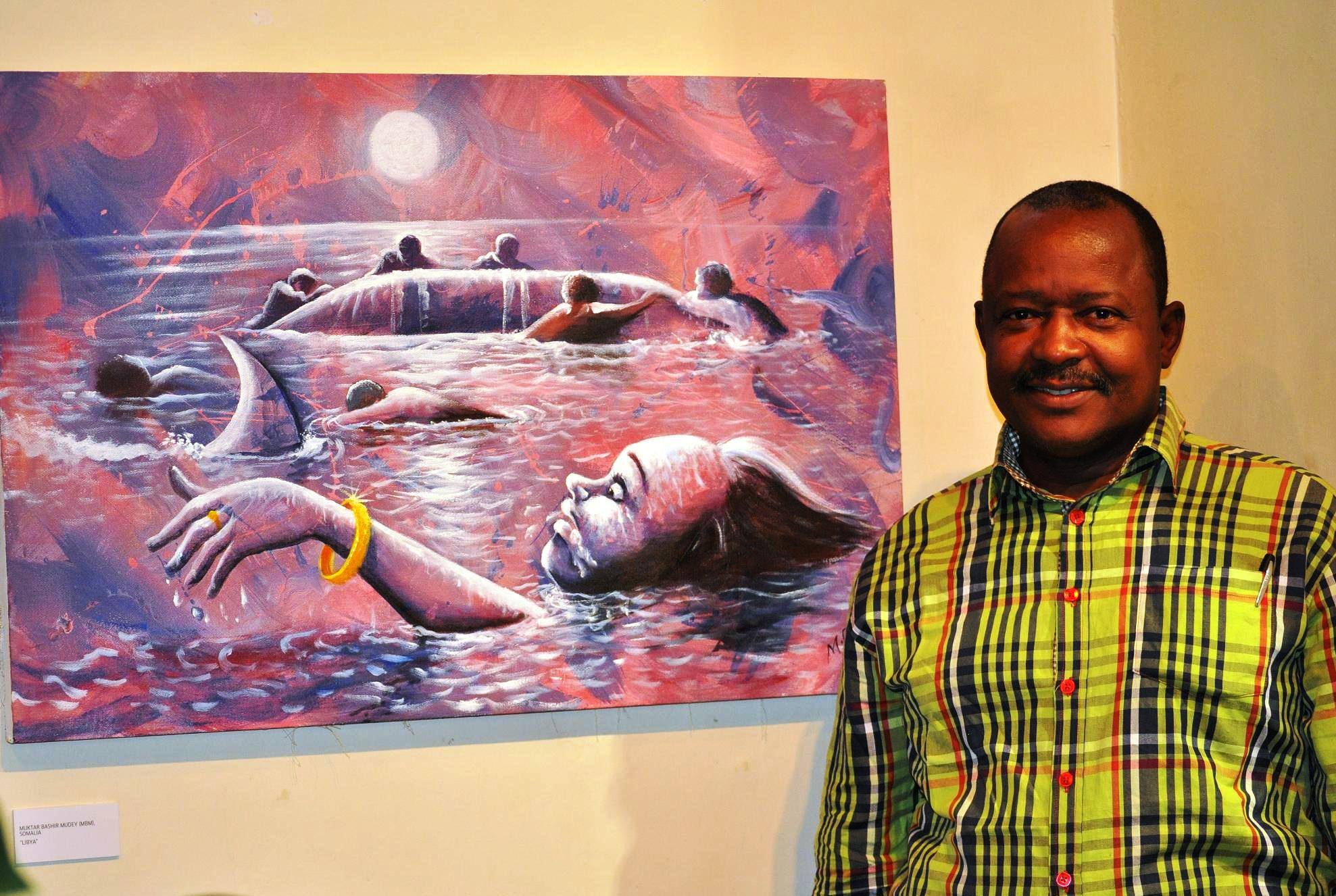
Critical Conversations: Perspectives on Refugees & Migrants
3 May 2016Refugee artists came together to showcase talent in art, music and theatre in a variety of activities at the French and German Cultural Centres
